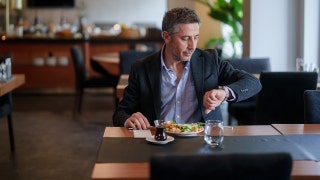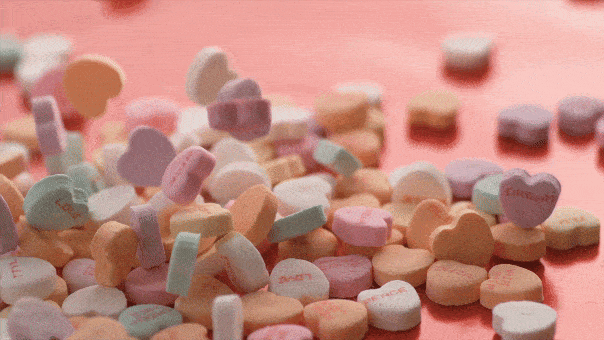
(Frito-Lay)
BOCA RATON, Fla. – Frito-Lay hopes to make some big noise with a quieter version of its biodegradable SunChips bag.
The company introduced a biodegradable bag for the snacks in April of 2009 with a big marketing effort to play up its environmentally friendly nature as it was made from plants and not plastic and could break down in compost.
However, customers complained the bag was too loud. The stiffer material made it give off noise of that, measured in decibels, is about as loud as a busy city street. The criticism grew so deafening that the company switched back to its original bag for most flavors in October.
"It was interesting we got a lot of extremely positive feedback ... but on the same hand we heard one overwhelming complaint," said Brad Rodgers, manager of sustainable packaging for PepsiCo advanced research.
PepsiCo Inc., which owns Frito-Lay, spent a good chunk of last year trying to find a solution.
The company found that if it used a different adhesive to put together the two layers of a bag — one which protects the food on the inside and one which carries the logo and labels on the outside — it created a sort of noise barrier.
Rodgers said engineers looked at dozens of possible options. He admitted that he was initially suspect of the theory that the razor-thin layer of adhesive would solve such a big problem. But engineers found that a more rubber-like adhesive really did absorb some of the sound.
The company's first design gave off noise that registered at roughly 80 to 85 decibels. The new design dampens the noise to around 70 decibels, on par with its original packaging and most other chip bags.
Frito-Lay's new bag is arriving in stores now. However, it will only be seen on the company's plain flavored chips, the only one of its varieties that never switched back to plastic.
The company said it will wait to hear from customers before deciding whether to use the new packaging for other flavors or products.
The snack company would not disclose how much it spent on the bag efforts.
Frito-Lay, based in Purchase, N.Y., is one of several companies trying to develop more sustainable packages. This helps companies fulfill new environmental ethos, appeal to shoppers' desire to go green and, in some cases, cut costs as they shift away from plastic that is made largely with costly oil.








































